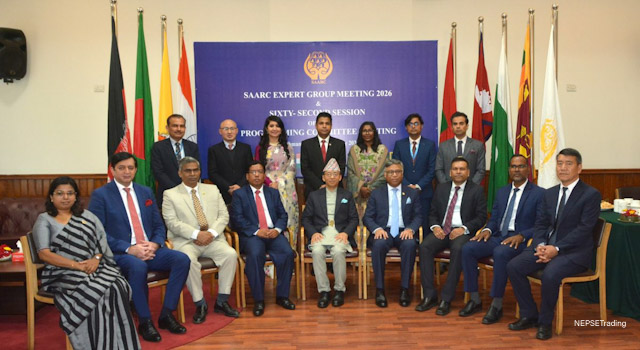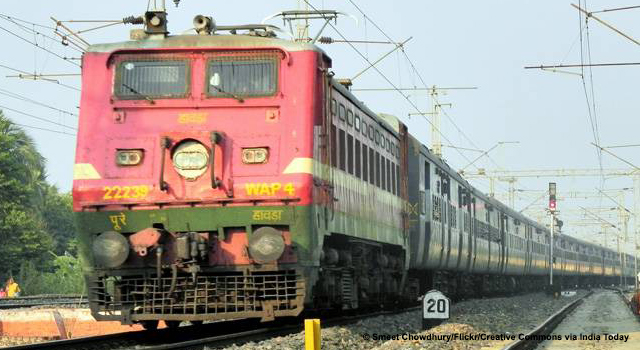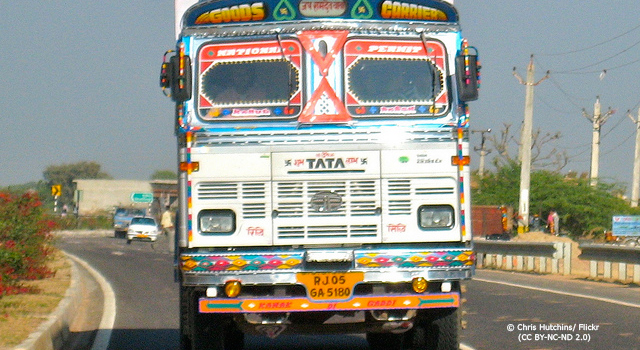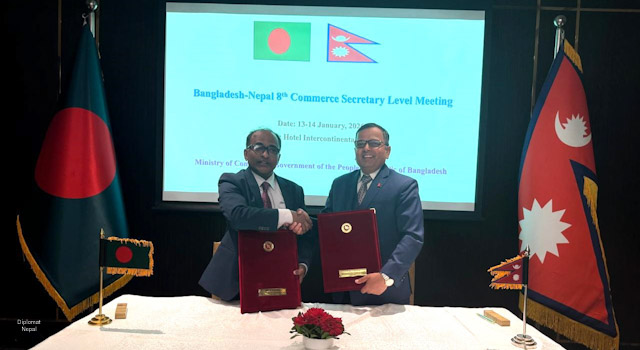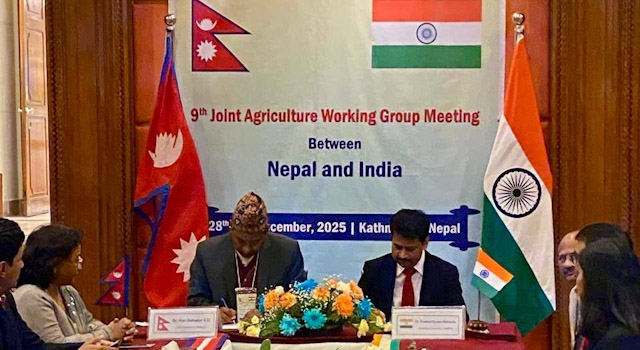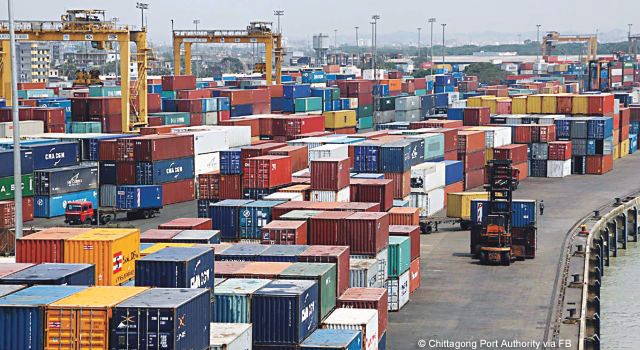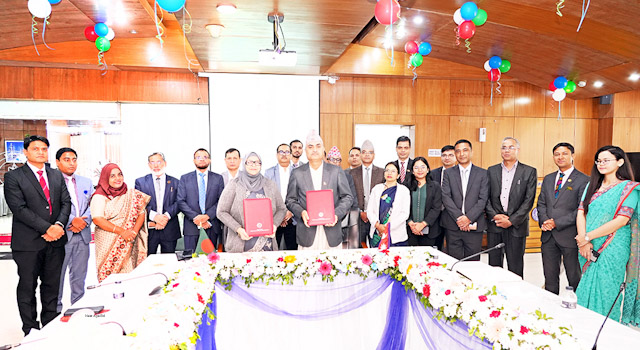
Bangladesh and Bhutan Customs Officials Discuss Removal of Non-Tariff Barriers
28 July 2015
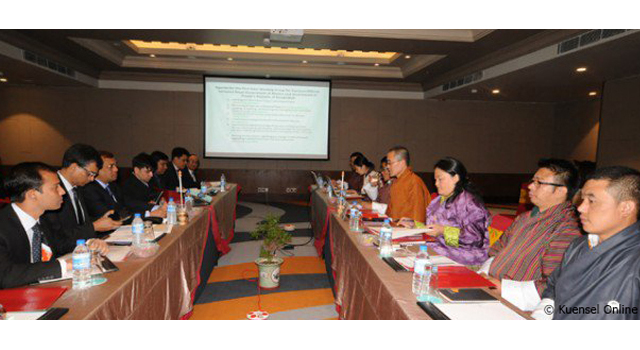
Customs officials from Bangladesh and Bhutan met on 27 July 2015 in Thimphu, Bhutan to discuss removal of barriers that restrict bilateral trade, and the sharing of import and export data between the two countries. As important trading partners, Bangladesh and Bhutan are working to resolve non-tariff barriers to enhance trade efficiency and boost the exchange of goods.
Mr. Yonten Namgyal, Director of Bhutan's Department of Revenue and Customs, said in his opening remarks that many non-tariff barriers to trade come into play when there is no proper understanding and interpretation of government rules and regulations.
Currently, 18 products from Bhutan are duty free in Bangladesh and 90 products from Bangladesh are duty free in Bhutan. Bilateral trade has been rapidly growing in recent years. In 2014, imports to Bhutan from Bangladesh were worth around $2.6 million, while exports from Bhutan to Bangladesh totaled about $25.9 million. The signing of the Bangladesh-Bhutan-India-Nepal Motor Vehicle Agreement in June 2015 comes as a significant achievement, providing a major boost for trade in the SAARC region.
Mr. Md. Firoj Shah Alam, leader of Bangladesh delegation and member of the National Board of Revenue (NBR), said both countries are working to resolve existing issues and exploring new areas of cooperation.
He also mentioned that Bangladesh is amending its Customs Act in accordance with the World Customs Organization's Revised Kyoto Convention and the World Trade Organization's Trade Facilitation Agreement. On 17-20 August 2015, Bangladesh's NBR and the Asian Development Bank (ADB) will hold a National Workshop on the New Customs Act and Respective Best Practices in Dhaka, Bangladesh to familiarize Customs and other border officials with provisions of the new Customs Act, including its processes and requirements, in relation to the existing act.
The ADB-financed South Asia Subregional Economic Cooperation (SASEC) Trade Facilitation Program supports a more efficient, transparent, secure, and service-oriented processing of trade in the SASEC subregion to increase trade, including intraregional trade, in SASEC countries, including Bangladesh, Bhutan, and Nepal.
Related Links:




